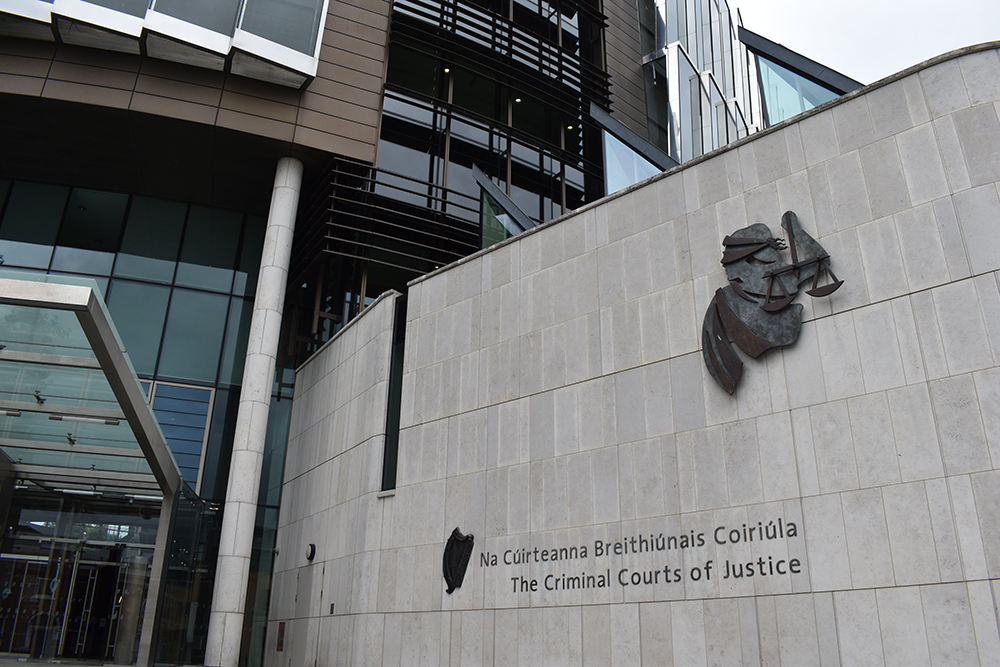Judges to recommend minimum time behind bars for life sentence prisoners

New legislation will give judges the discretion to recommend minimum periods in prison for those sentenced to life imprisonment.
The government’s Life Sentences Bill 2024 will give sentencing judges a formal role in informing decisions on the release of life-sentenced prisoners on parole.
When sentencing, judges will make a recommendation on what minimum term should be served in prison before parole is granted, and the Parole Board will be required to take that recommendation into account in making their decisions.
The recommendation will address the minimum term to be served in custody. It will be non-binding, and the Parole Board will continue to be responsible for deciding when a person will be released.
In other words, a prisoner will not be automatically released after the judicially-recommended minimum has been served.
The general scheme of the bill is to be published today and will next be referred to the joint Oireachtas committee on justice for pre-legislative security.
Taoiseach Simon Harris said: “As a Government we are committed to strengthening the criminal law to deal with the most serious crimes and today’s announcement is an important step forward in that regard.
“It will bring about a much-needed reform in our criminal justice system and reflects our commitment to rule of law and minimum terms for those who commit the most heinous crimes.
“This legislation will provide for the long-awaited reform of life-sentencing practice in Ireland. It will allow judges when imposing sentence to fully reflect all of the circumstances of the offence, the culpability of the offender and the harm caused.”
Justice minister Helen McEntee said: “This bill will provide for sentencing courts to reflect the gravity of the most heinous offences. Judges will be able to recommend minimum terms of 25, 30 years or even longer where that is warranted.
“I am determined that the judiciary has access to a range of sentencing options to ensure that the punishment people receive matches the crime they have committed. People who commit the most serious crimes should be dealt with in a way that reflects their culpability and the harm they have caused.”









